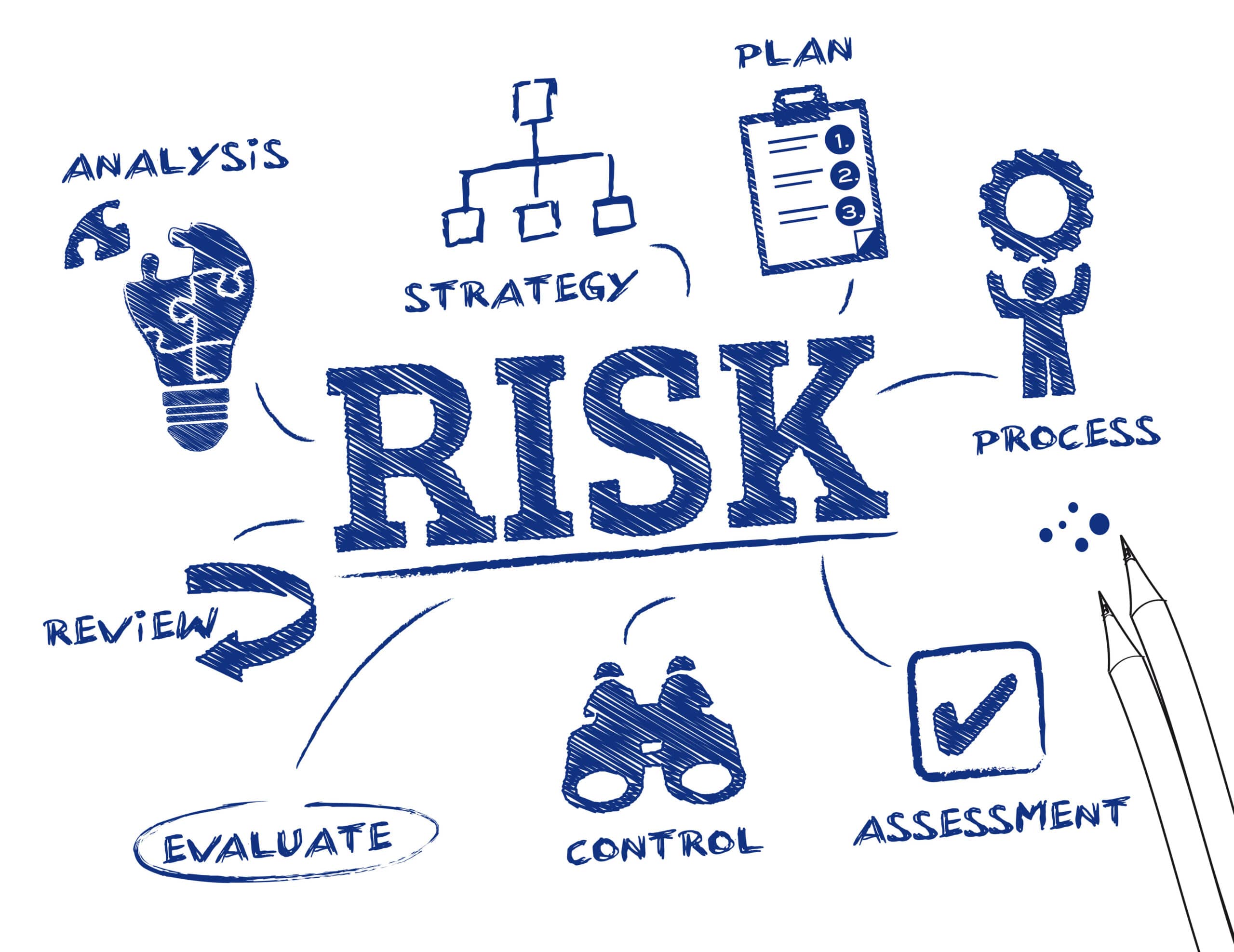In, organizations confront a variety of risks that can affect their functions, image, and bottom line. The conventional methods of risk assessment frequently prove inadequate in providing prompt and precise evaluations. This is the point at which AI risk assessment tools powered by AI come into play, transforming the way organizations approach risk management. By harnessing the capabilities of artificial intelligence, these tools provide a thorough and streamlined means of identifying, analyzing, and minimizing risks.
The advantages of an AI risk assessment generator are substantial. First and foremost, these platforms can analyze vast amounts of data at incredible speeds, enabling companies to gain insights that would be unfeasible through manual analysis. Additionally, AI-driven assessments evolve and modify, improving their accuracy over time as they incorporate new information. This enables businesses not only to react to immediate challenges but also to anticipate future risks, thereby bolstering their overall capacity in an volatile environment. ### Understanding Artificial Intelligence Risk Assessment
AI risk evaluation generators are sophisticated tools designed to assess potential threats associated with different processes , decisions , or initiatives. Using advanced algorithms and vast amounts of information, these systems can analyze complex scenarios and detect potential pitfalls , weaknesses, and threats that may not be immediately apparent to manual analysts. ai risk assessment generator allows companies to anticipate potential problems, guaranteeing a more anticipatory approach to managing risks.
Such systems leverage ML to improve their evaluations over periods. As they collect more data and responses from previous assessments , they can enhance their prediction models and improve their accuracy . This adaptability is vital in the current fast-paced world, where risks can change rapidly due to influences such as shifts in the market, technological advancements , or changes in regulations. Businesses benefit significantly from this ongoing improvement, as it enables them to make more informed choices.

Moreover , these tools provide insights that can empower groups across various levels of an organization . By democratizing access to intricate analysis, these systems allow individuals without expertise to grasp potential threats and contribute to risk mitigation strategies . This empowerment fosters a culture of risk consciousness within companies, promoting proactive actions and teamwork, ultimately resulting in better outcomes and enhanced resilience against unforeseen challenges .
Advantages of AI Evaluation Tools
AI assessment generators provide unmatched productivity in threat evaluation processes. By automating data collection and analysis, these systems significantly reduce the time required to conduct in-depth threat assessments. Businesses can quickly collect essential information and produce valuable reports, allowing them to concentrate on strategic decision-making rather than getting burdened in traditional methods. This speed enhances agility in addressing to potential risks.
Another key advantage is the reliability and precision that AI brings to threat assessments. Unlike manual evaluations that may be influenced by subjective biases, AI assessment tools utilize uniform algorithms and evidence-based techniques. This impartiality leads to more reliable threat predictions and evaluations. Organizations gain from enhanced precision in identifying vulnerabilities, enabling them to adopt effective reduction strategies and reduce potential damages.
Moreover, AI evaluation generators facilitate improved collaboration and communication across departments. By providing a unified platform for threat data, these systems allow various stakeholders to access and exchange information effortlessly. This transparency promotes a proactive risk management culture within organizations, as groups can work together to address issues identified through AI insights. Ultimately, this collaborative approach strengthens the overall threat management structure, making companies more resilient in the face of challenges.
Implementing Artificial Intelligence in Risk Management
Implementing an artificial intelligence risk assessment generator into existing risk management processes can transform how companies detect and mitigate possible threats. By utilizing machine learning algorithms, businesses can examine large quantities of historical data, identify patterns, and gain insights that may not be readily visible to human analysts. This data-centric approach enables teams to make more informed decisions, thereby enhancing their ability to anticipate and address risks before they emerge.
Furthermore, the speed and efficiency of AI risk assessment generators offer a major advantage. These tools can analyze risks in real-time, allowing companies to respond swiftly to arising threats. The streamlining of routine risk assessments reduces the burden on human teams, allowing professionals to focus on long-term planning and high-priority issues. As a result, organizations are better equipped to distribute resources effectively and focus on actions based on the most critical risks.
Ultimately, an AI risk evaluation generator fosters a culture of proactive risk management within organizations. With its ability to provide continuous monitoring and updates, stakeholders can remain informed about their risk landscape at all times. This constant awareness encourages teams to embrace a mindset focused on prevention rather than reaction, leading to a more resilient organization that is well-prepared to handle uncertainties and difficulties ahead.
